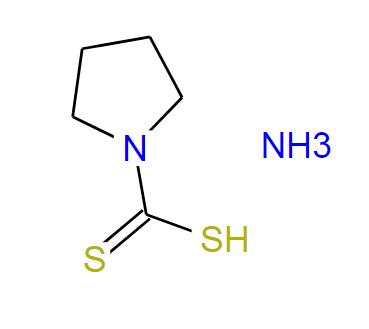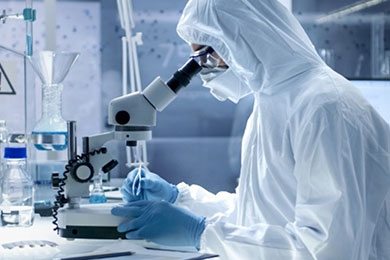
Search

Search

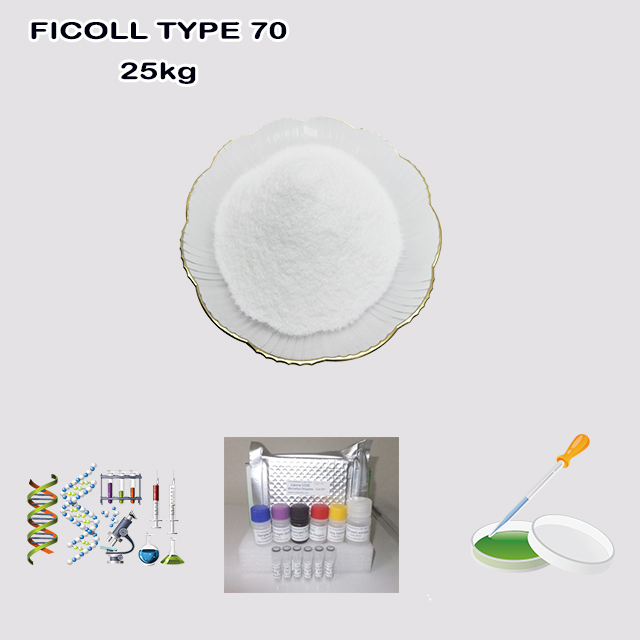
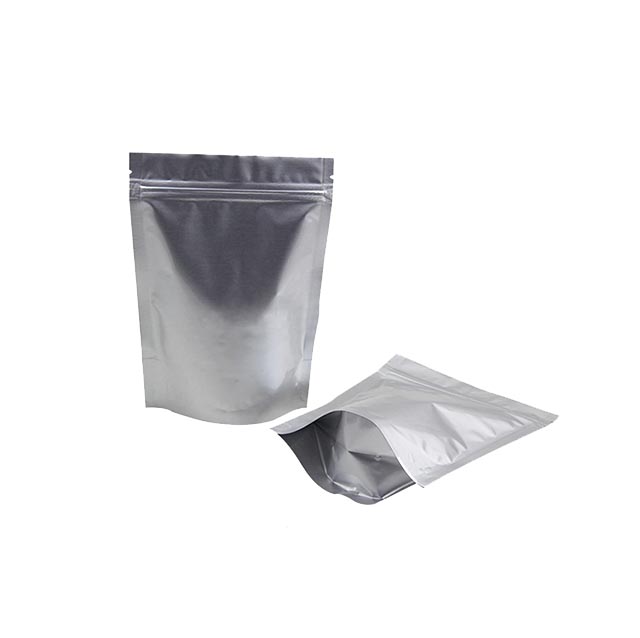
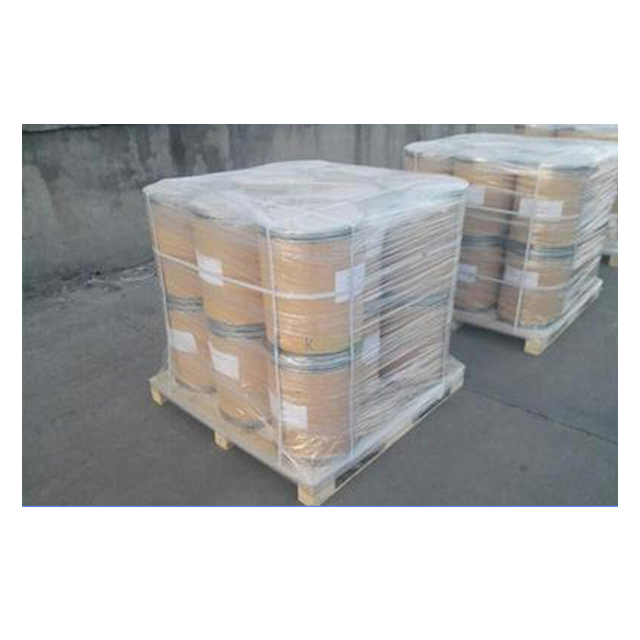
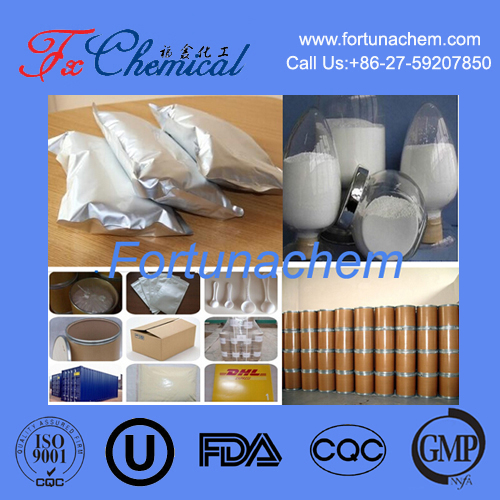
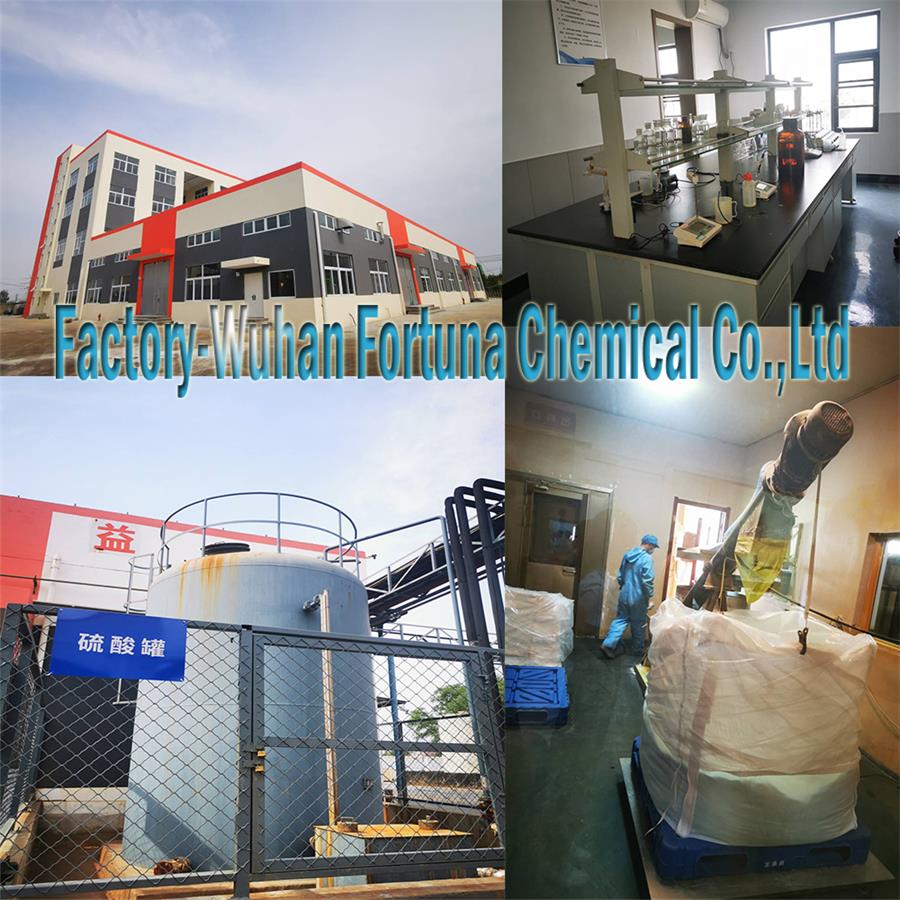





Ficoll Type 70 is a high-mass, highly branched polymer synthesized from sucrose and epichlorohydrin. It is a hydrophilic, inert sugar polymer with a molecular weight of approximately 70,000 Daltons. Its primary use is in life science research for the density gradient centrifugation of biological particles.
When spun at high speeds, Ficoll forms a stable, continuous density gradient in solution. Due to their size and density, cells like lymphocytes migrate to and band at the interface between the Ficoll solution and the plasma medium, allowing for their gentle and effective isolation from whole blood with minimal damage.
Ficoll Type 70 is a high-molecular-weight, synthetic polymer widely used in biochemistry and cell biology for the gentle and efficient separation of cells and subcellular particles through a process called density gradient centrifugation. It is created by copolymerizing sucrose and epichlorohydrin, resulting in a highly branched, hydrophilic, and inert molecule. The "70" in its name denotes an average molecular weight of approximately 70,000 Daltons.
Its key characteristic is its ability to form stable, non-toxic, and iso-osmotic gradients in solution, which are crucial for maintaining the viability of biological materials during separation.
The primary function of Ficoll Type 70 is to create a density barrier. When a solution of Ficoll is centrifuged at high speeds, the molecules are forced to sediment, forming a continuous density gradient from the top (least dense) to the bottom (most dense) of the tube.
When a heterogeneous mixture of cells (like whole blood) is layered on top of a pre-formed Ficoll gradient or, more commonly, a specific-density Ficoll solution (e.g., 1.077 g/mL), and then centrifuged, particles will migrate until they reach a point where their own buoyant density matches that of the surrounding Ficoll medium. At this isopycnic point, they will band (form a tight layer).
The most famous and critical application of Ficoll Type 70 is in the Ficoll-Paque™ method for isolating peripheral blood mononuclear cells (PBMCs) from whole blood. PBMCs include lymphocytes (T-cells, B-cells, NK cells) and monocytes.
The Standard Protocol:
Preparation: A specific density solution (typically 1.077 g/mL) is created using Ficoll Type 70 and sodium diatrizoate (which provides the density and osmolarity).
Layering: Whole blood, diluted with a buffer, is carefully layered on top of the Ficoll solution in a centrifuge tube.
Centrifugation: The tube is centrifuged. During this spin, the different components of blood separate based on their buoyant density:
Red blood cells (RBCs) and granulocytes (neutrophils, eosinophils, basophils) have the highest density. They pellet at the bottom of the tube.
Plasma and platelets have the lowest density and remain at the top.
Peripheral Blood Mononuclear Cells (PBMCs), which have a density very close to 1.077 g/mL, collect at the precise interface between the plasma (top layer) and the Ficoll solution.
This technique provides a high yield of viable, functional lymphocytes and monocytes with minimal contamination from other cell types, making it a foundational step in immunology, vaccine development, and cell therapy.
Inertness: Ficoll is biologically inert. It does not activate cells or interfere with most subsequent biological assays, which is why it's preferred over other polymers.
Osmolarity: Solutions can be adjusted to be iso-osmotic with biological fluids (~290 mOsm), preventing cells from swelling or shrinking and lysing.
Subcellular Separations: Beyond whole cells, Ficoll gradients are used to purify specific organelles from cell homogenates, such as nuclei, Golgi apparatus, or endosomes, based on their distinct densities.
Gel Filtration: In its cross-linked form (e.g., Sephadex), it is used in size-exclusion chromatography, though Type 70 itself is not typically used for this.
Percoll: Another common medium, made of silica particles coated with polyvinylpyrrolidone. While also effective, it can be more difficult to remove from purified cells and may interfere with some downstream applications.
Sucrose: A classic medium for subcellular organelles, but its solutions can have very high osmolarity, which can damage more sensitive structures like mitochondria. Ficoll provides high density with low osmolarity.
In summary, Ficoll Type 70 is an essential tool in the laboratory for purifying specific cell populations, particularly lymphocytes, through gentle and effective density-based separation.
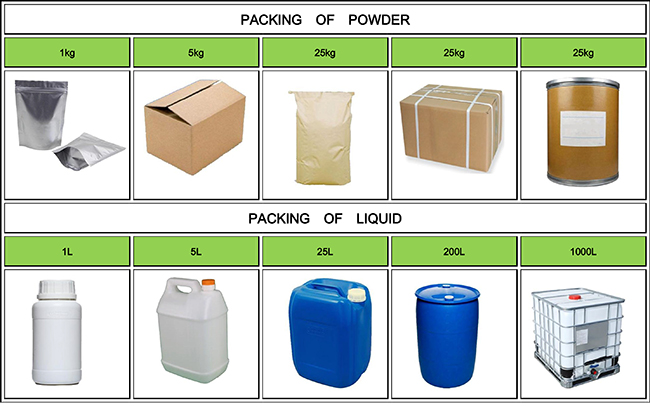
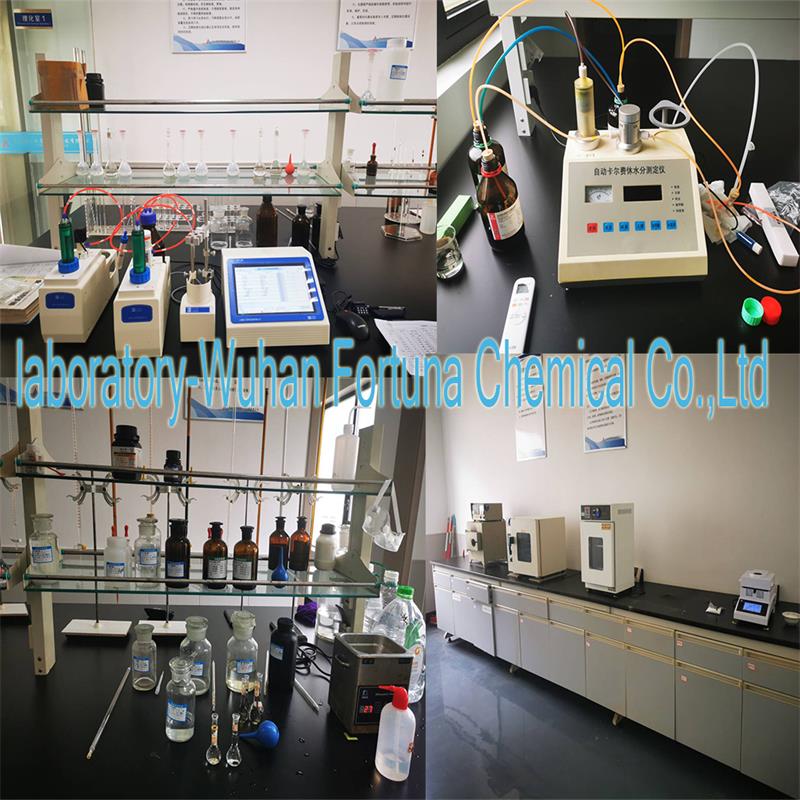
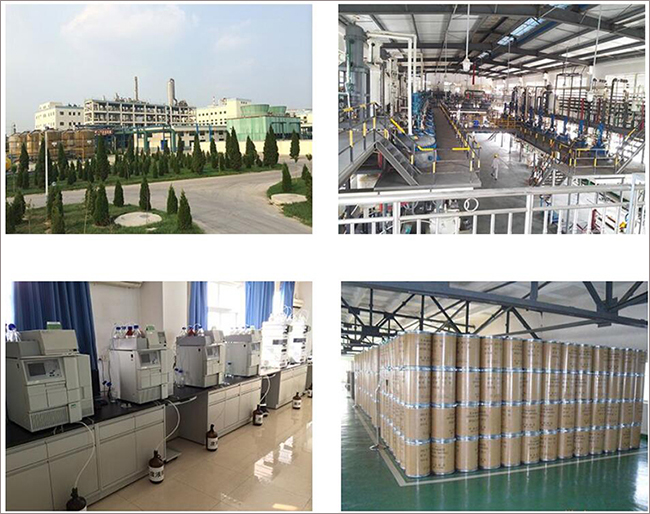

Fortunachem Provides Not Only Professional Chemical Products But Also Professional Help
Keeping you up-to-date with all the latest information, news, and events about Fortunachem!

Quick Links
Add:
E-mail:
 English
English  Español
Español  français
français  العربية
العربية 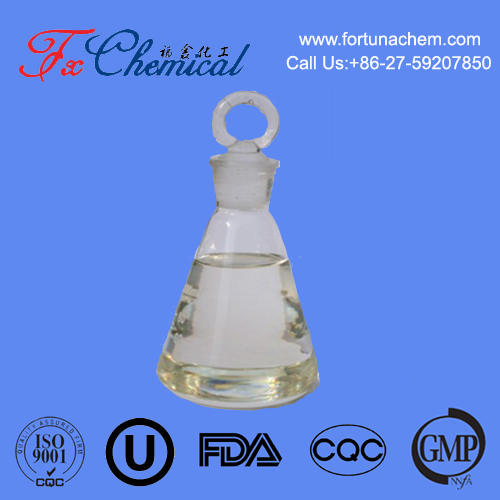
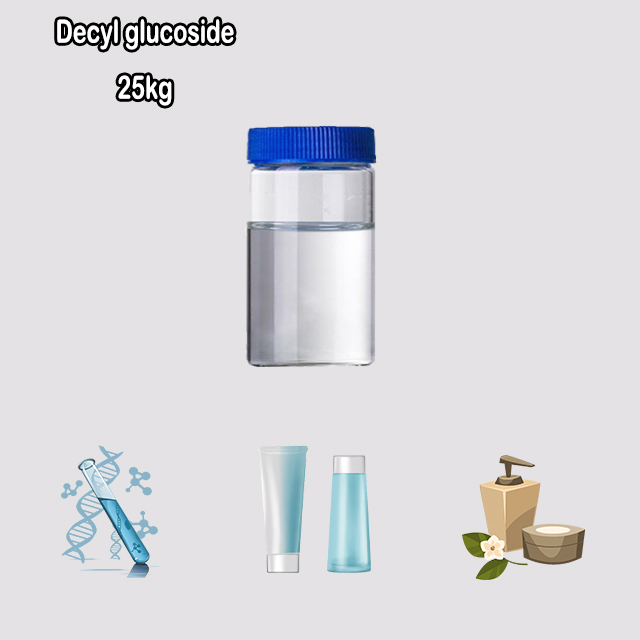
![4,4'-[9H-Fluoren-9-ylidenebis(4,1-phenyleneoxy)]Bisbenzenamine CAS 47823-88-1 4,4'-[9H-Fluoren-9-ylidenebis(4,1-phenyleneoxy)]Bisbenzenamine CAS 47823-88-1](/uploads/image/20220218/13/organic-chemistry-websites.jpg)
